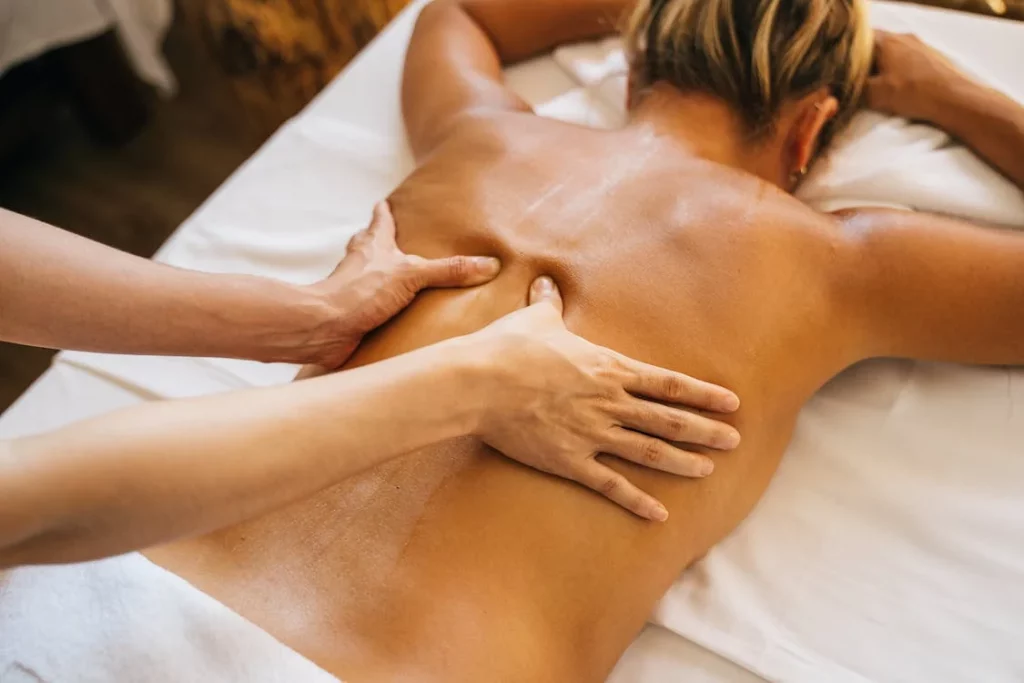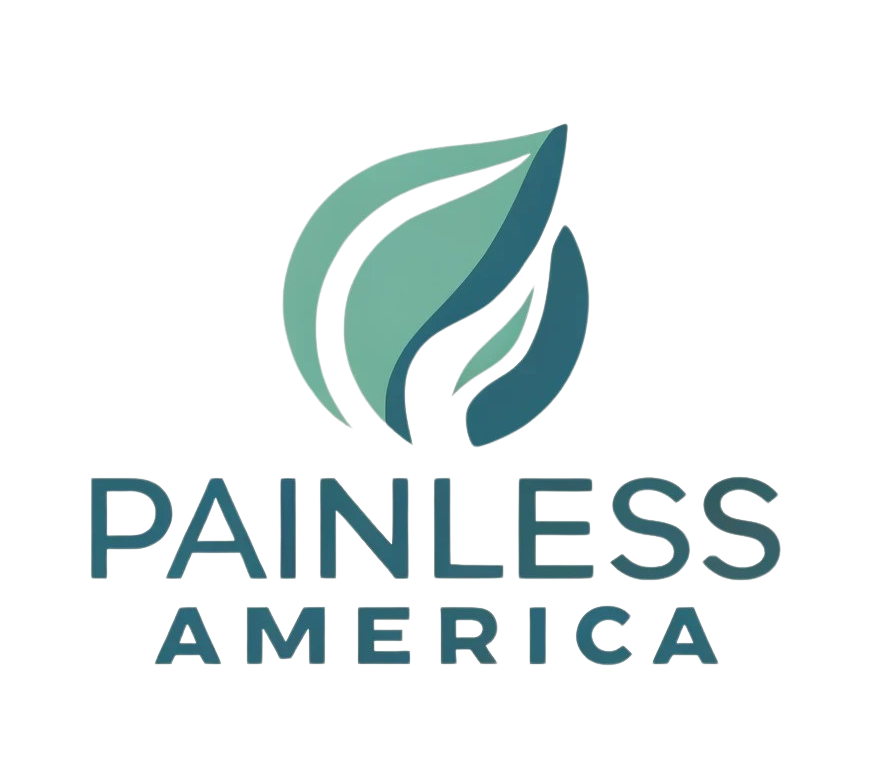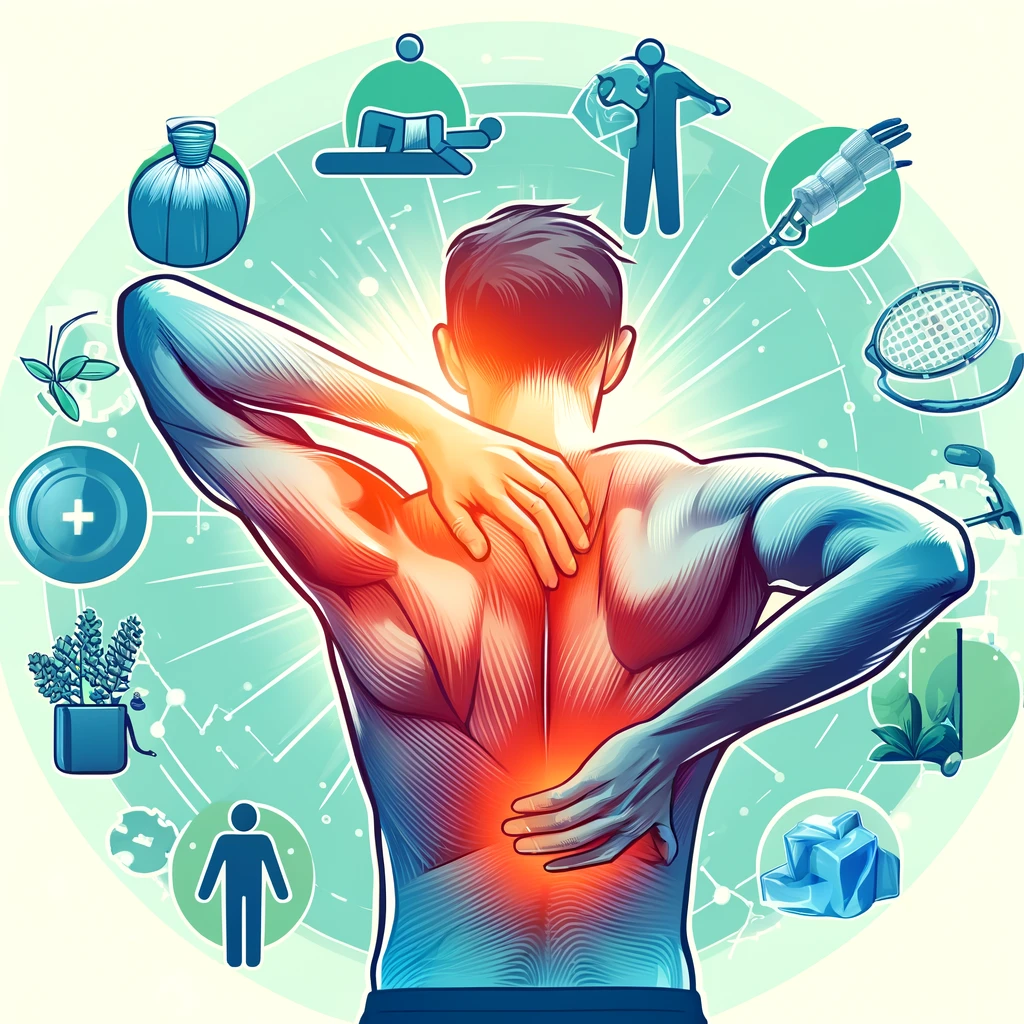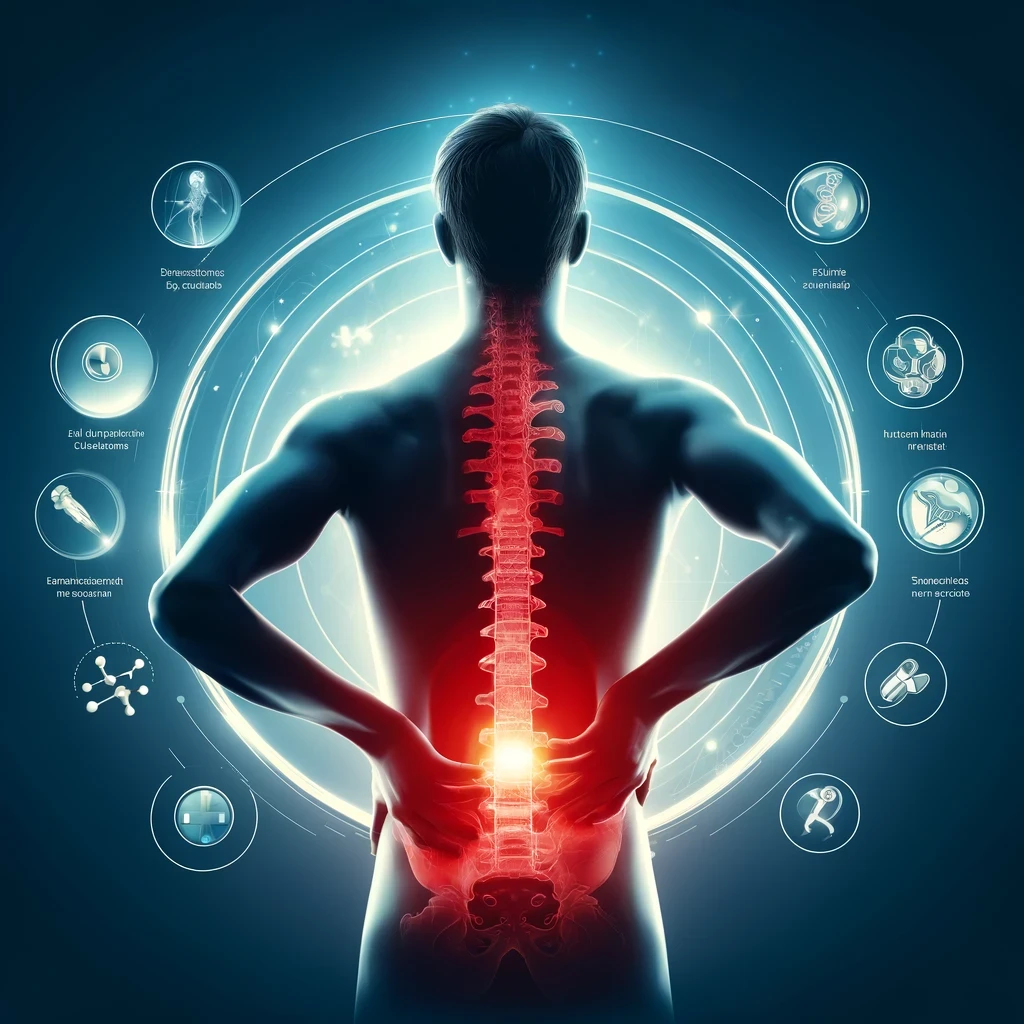
Table of Contents
Muscular pain is a common issue that affects people of all ages and activity levels. Whether it’s due to an intense workout, poor posture or an injury, addressing muscular pain promptly is crucial to prevent further complications and improve your quality of life. In this comprehensive guide, we will explore proven techniques to ease your discomfort and help you get back to feeling your best.
Understanding Muscular Pain
Common Causes of Muscular Pain
Muscular pain can arise from various sources, including overuse, tension, stress, minor injuries and underlying medical conditions. Understanding the root cause of your pain is the first step in finding effective relief.
Symptoms of Muscular Pain
Common symptoms include aching, stiffness and a burning sensation in the affected muscles. You might also experience limited range of motion, tenderness and swelling.
Immediate Relief Techniques
Rest and Recovery
One of the simplest and most effective ways to relieve muscular pain is to rest the affected area. Give your muscles time to heal by avoiding activities that may exacerbate the pain.
Ice and Heat Therapy
Applying ice to the affected area can help reduce inflammation and numb the pain. After the initial inflammation subsides, switching to heat therapy can help relax and soothe tense muscles.
Over-the-Counter Pain Relievers
Non-prescription medications such as ibuprofen or acetaminophen can provide quick relief from muscular pain. Always follow the recommended dosage and consult with a healthcare provider if you have any concerns.
Physical Therapy for Muscular Pain
Benefits of Physical Therapy
Physical therapy can help address the underlying causes of muscular pain through targeted exercises and treatments. It can improve flexibility, strength and range of motion, reducing the likelihood of future injuries.
Types of Physical Therapy Exercises
Physical therapists may recommend stretching, strengthening and aerobic exercises tailored to your specific condition. These exercises are designed to alleviate pain and improve muscle function.
Massage Therapy

How Massage Helps Relieve Pain
Massage therapy can enhance blood flow, reduce muscle tension and promote relaxation. It helps in the release of endorphins, which act as natural painkillers.
Types of Massage for Muscular Pain
Popular massage techniques for muscular pain relief include deep tissue massage, Swedish massage and trigger point therapy. Each type targets different layers of muscle and connective tissue to alleviate pain.
Stretching and Flexibility Exercises
Importance of Stretching
Regular stretching helps maintain flexibility and reduces the risk of muscle stiffness and pain. It is an essential part of any exercise routine.
Effective Stretching Routines
Incorporate stretching exercises that target the major muscle groups. Hold each stretch for at least 20-30 seconds and avoid bouncing to prevent injury.
Strength Training and Conditioning
Role of Strength Training in Pain Relief
Strengthening your muscles can help support and stabilize your joints, reducing the strain on your muscles and alleviating pain.
Best Strength Exercises for Muscle Health
Focus on exercises that strengthen the core, back, and leg muscles. Examples include squats, lunges, planks and resistance band exercises.
Yoga and Pilates

Benefits of Yoga for Muscular Pain
Yoga combines physical postures, breathing exercises and meditation to improve flexibility, strength and relaxation. It can be particularly beneficial for chronic muscular pain.
Pilates Techniques for Muscle Relief
Pilates focuses on core strength, flexibility and overall body awareness. It helps in aligning the body and reducing muscular imbalances that cause pain.
Mind-Body Techniques
Meditation and Mindfulness
Practicing meditation and mindfulness can help manage pain by reducing stress and improving your mental resilience. These techniques encourage a focus on the present moment, which can alleviate the perception of pain.
Deep Breathing Exercises
Deep breathing exercises promote relaxation and can help reduce muscle tension. Practice diaphragmatic breathing to enhance oxygen flow and reduce stress.
Ergonomic Adjustments
Importance of Proper Ergonomics
Maintaining proper posture and ergonomics, especially if you sit for long periods, can prevent muscular pain. Ensure your workspace is set up to support good posture.
Tips for Creating an Ergonomic Workspace
Adjust your chair, desk and computer monitor to maintain a neutral posture. Use ergonomic accessories like footrests, keyboard trays and lumbar supports.
Diet and Hydration
Foods that Help Reduce Inflammation
Incorporate anti-inflammatory foods such as fatty fish, nuts, seeds, fruits and vegetables into your diet. These foods can help reduce muscle inflammation and pain.
Importance of Staying Hydrated
Staying hydrated is crucial for muscle function and recovery. Aim to drink at least 8 glasses of water a day, and more if you are physically active.
Alternative Therapies
Acupuncture for Muscular Pain
Acupuncture involves inserting thin needles into specific points on the body to relieve pain. It can be an effective treatment for chronic muscular pain.
Chiropractic Care
Chiropractors use manual adjustments to correct spinal alignment and improve overall body function. This can alleviate pain and prevent further injuries.
Prevention Tips
Regular Exercise and Physical Activity
Engage in regular physical activity to keep your muscles strong and flexible. A combination of aerobic, strength and flexibility exercises is ideal.
Proper Warm-Up and Cool-Down
Always warm up before exercising and cool down afterward. This helps prepare your muscles for activity and reduces the risk of injury.
When to Seek Medical Help
Signs That Indicate a Need for Professional Care
If your muscular pain is severe, persistent or accompanied by other symptoms like numbness or weakness, seek medical attention.
Types of Specialists to Consult
Depending on the nature of your pain, you may need to see a primary care physician, physical therapist, chiropractor or orthopedic specialist.
Living a Pain-Free Life
Developing Healthy Habits
Incorporate healthy habits such as regular exercise, proper nutrition and adequate sleep into your daily routine to maintain muscle health.
Maintaining a Balanced Lifestyle
Balance work, rest, and play to prevent overuse injuries and reduce stress. Make time for relaxation and hobbies that bring you joy.
Conclusion
Muscular pain can be debilitating, but with the right techniques and a proactive approach, you can find relief and prevent future discomfort. By incorporating these proven methods into your daily routine, you can keep your muscles healthy, strong and pain-free.
FAQs
What can be done for muscular pain?
For muscular pain, you can rest the affected area, apply ice or heat, take over-the-counter pain relievers, and perform gentle stretching exercises. Massage therapy and proper hydration also help. If pain persists, seek professional medical advice.
How do I know if my pain is muscular?
Muscular pain typically feels like a deep, aching, or sharp sensation localized to a specific muscle or group of muscles. It’s often triggered by movement or pressure and may be accompanied by stiffness or weakness. If pain increases with muscle use and decreases with rest, it’s likely muscular.
What is chronic muscle pain a symptom of?
Chronic muscle pain can be a symptom of conditions such as fibromyalgia, myofascial pain syndrome, chronic fatigue syndrome, or an underlying musculoskeletal disorder. It may also indicate repetitive strain, stress, or an autoimmune disease.
What is the best medicine for muscle pain?
The best medicine for muscle pain typically includes over-the-counter options like ibuprofen (Advil, Motrin) or acetaminophen (Tylenol). These help reduce pain and inflammation. For severe pain, a doctor may prescribe muscle relaxants or stronger pain relievers. Always follow medical advice for the most appropriate treatment.
What is the best way to relieve muscular pain quickly?
Rest, ice, and over-the-counter pain relievers can provide quick relief from muscular pain. Combining these with gentle stretching can enhance recovery.



One thought on “Muscular Pain Relief: 10 Proven Techniques to Ease Your Discomfort”